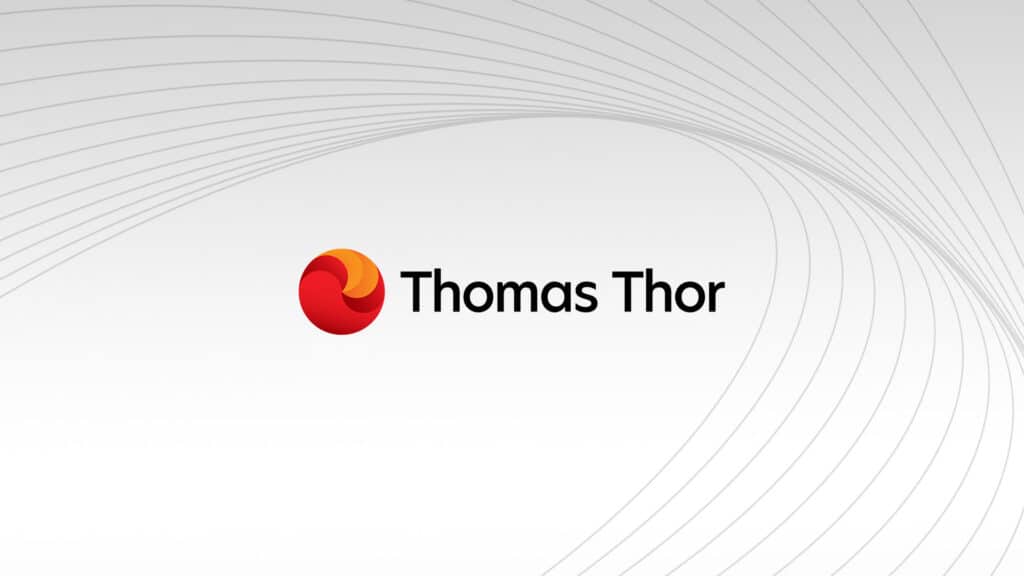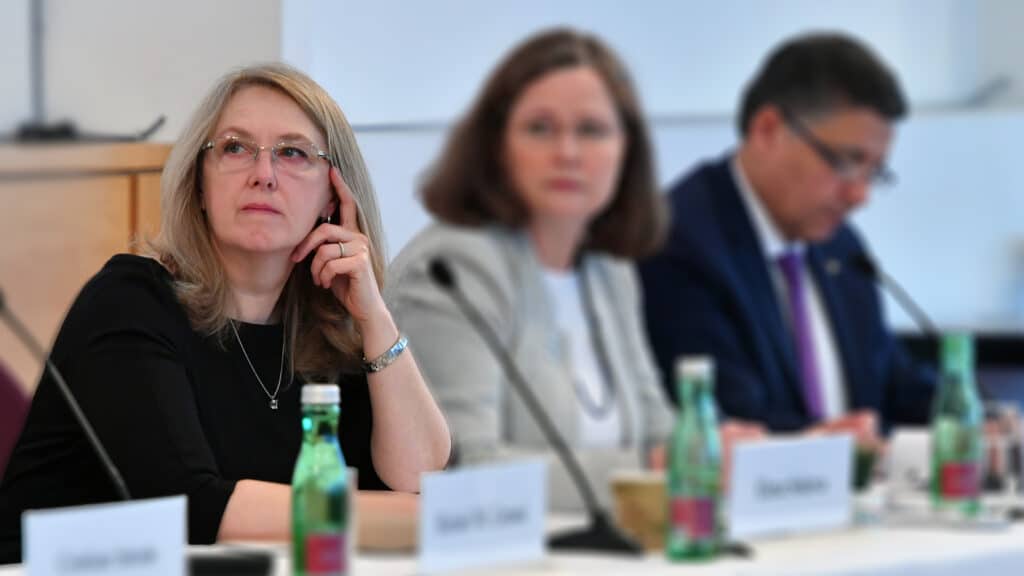William Roberts on Decommology

William Roberts is a Chartered Accountant, and previously the Chief Financial Officer of the UK’s Nuclear Decommissioning Authority.
William Roberts, you are a financial expert in nuclear , oil & gas, and other decommissioning and your consultancy is called Decommology. How did you come up with that term?
I simply noticed a lack of definition for what is an essential aspect of today’s world. Decommissioning is a completely new industrial sector: we are the first generation to realise we cannot just let old industrial sites stand and rot – from whatever sector they are – and like any activity, it has its own economics, and needs planning, financing, and executing.
Of course when it comes to nuclear sites, decommissioning and clean-up is particularly complex, with the need to manage the radioactive waste and create waste routes and disposal being the first priority. And when you see the size and number of nuclear sites in need of decommissioning in UK only, it is easy to realise why I thought we needed to coin a new term for a new discipline.
So what does Decommology brings to the decommissioning sector?
An economist’s approach. Decommology enables our clients to understand and manage the uncertainties and mitigate risks, establish and evaluate the strategic options and measure the execution of decommissioning projects. I am an experienced financial professional, and I know these huge clean-up projects are usually underwritten by government funding, and so they also need to be transparent, well governed, and economically viable. By reducing the costs and risks of decommissioning, we not only make this sector more attractive and innovative, we also make this European area of expertise globally exportable and of course, we fulfil our duties to the future, as we should.
How can you assess what can happen that far in the future?
Nobody can perfectly know what will happen in the course of the next thirty years in terms of environmental standards, nuclear, or waste management regulations for instance, but we can plan around it. We can develop strategies to ensure possible downsides are compensated by identifying and capturing existing upsides.
I have assisted clients to develop intelligent monitoring of performance that highlights the salient indicators of finance and operations, and that is also understandable to multiple stakeholders, to improve overall confidence in the delivery. To me decommissioning and clean-up for any site is a collective project involving a diverse range of stakeholders, far more than most projects, given the time-line, and geographic implications of hazardous sites, whether they are gasfields, power stations, or nuclear sites.
At Decommology, I emphasise to clients the need to understand their cost drivers, and explore how to demonstrate that their programmes deliver the stakeholder outcomes, and that means providing transparent, verifiable, properly benchmarked information for good decision making. Only this way can we ensure that the projects deliver the best outcomes for local communities, future generations, taxpayers, and the environment.
William’s presentation on Intelligent Monitoring can be found at www.decommology.com/performance.

Share this article
Related articles
Help us grow and achieve your potential at a values-driven business.




